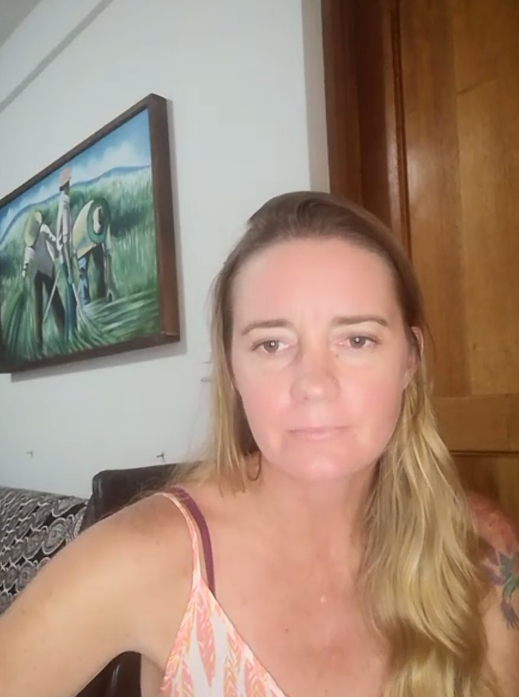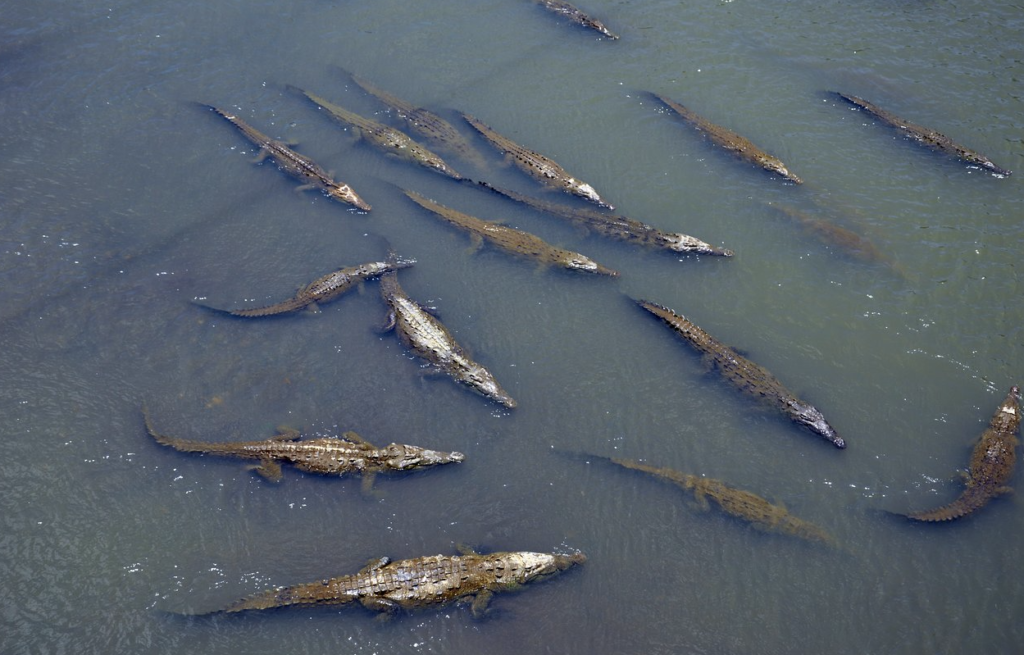
Dr. Randi Raymond spoke to the Rotary Club about funding a plastic recycling plant on the Tarcoles River in Costa Rica.
At the Pacific Palisades Rotary Club’s virtual meeting on November 10, Dr. Randi Raymond, an integrative doctor who founded the Eden Retreat Center in Costa Rica, sought support for a proposed plastics recycling plant on the Tarcoles River.
Raymond said the 69-mile river drains the deciduous forest to the north, and rain forests to the south, but becomes one of the most contaminated rivers in Central America by the time it reaches the Pacific.
The town of Tarcoles has become a major tourist spot because the river has what is considered to be, the highest population of crocodiles in the world.
“The devastation to Costa Rica because of Covid-19 has resulted in the rise of unemployment,” Raymond said, noting that the country’s lifeblood–tourism–has come to a standstill. “Everything is closed right now.” The government estimates that about a million people visit the country annually.
Tarcoles officials hope that a small plastic recycling plant can be opened, not only to provide employment, but to educate everyone about the river and help keep it free of pollution. It carries 67 percent of the sewage and industrial waste of more than 50 percent of the country’s population.
In 2000, about 400 liters of diesel fuel from the Costa Rican Petroleum Refinery leaked into the water.
An abundance of wildlife depends on the river for survival. In addition to the crocodiles, the river also supports more than 50 species of migratory, native and coastal birds, including a variety of heron and egrets, crested caracas, roseate spoonbills, scarlet macaws and more. Iguanas can often be spotted along the river, too.
The river helps irrigate agricultural lands and generates electricity.
The government and the local community have implemented some programs to clean up the river, but this proposed site to recycle plastic would help.
Raymond said some residents take plastic trash to landfill, but with a place to recycle, the plastic could be collected, shredded, heated and reused in injection molding.
Raymond said a plant would be a first step to help those who are out of work and raise awareness about throwing items into the river. A couple have offered land to house the plant, which would be about the size of a large truck.
“Ecotarcoles, established in 2018 in Garabito, will be in charge of the plastic treatment plant,” Raymond said. The group is an environmental conservation organization.
Raymond moved to Costa Rica about 15 years ago to open her retreat center, which uses Eastern and Western medicine to empower clients to cultivate their own thriving health with Integrative Medicinal approaches to self-care.
The multi-faceted center offers acupuncture, massage, herbal medicine, life coaching, yoga, western medicine, and nutritional counseling to create a unique healing experience.
Unfortunately, Raymond said, “Due to COVID 19 we have closed our doors for the foreseeable future. We’re waiting for people to come back.”
Lutheran pastor emeritus and long-time Rotarian Dick Meyer brought the project to the local club for funding. The group voted to give $2,500 towards the project.
Rotary International brings together professional leaders in order to provide humanitarian services worldwide. To find out more about Rotary, visit: https://portal.clubrunner.ca/2531.



wonderful story. thanks. glad to know the Rotarians responded positively.